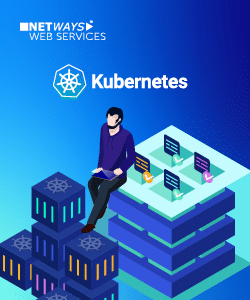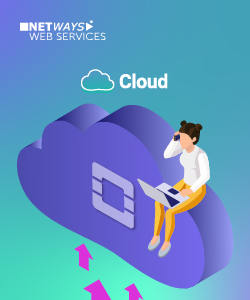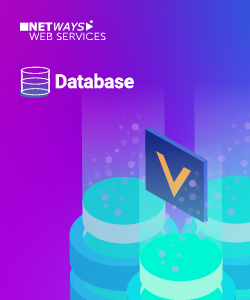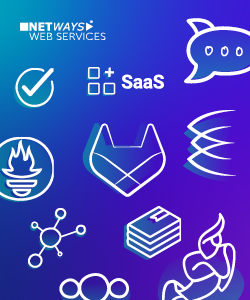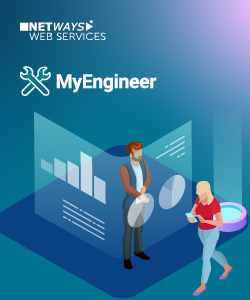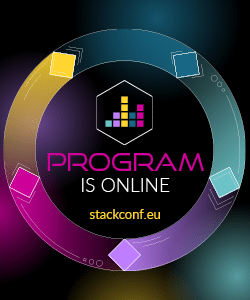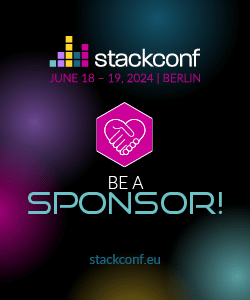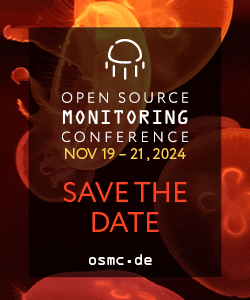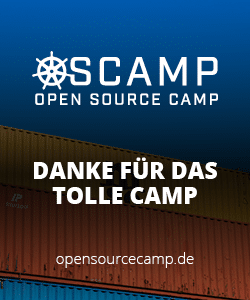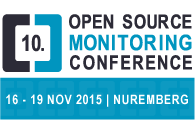 Open Source Monitoring Conference comes a tiny bit closer every day and even though most of you might think that November 16th is ages away right now, IT IS NOT!
Open Source Monitoring Conference comes a tiny bit closer every day and even though most of you might think that November 16th is ages away right now, IT IS NOT!
In fact we are just the blink of an eye away from having a drink at Checkpoint Jenny and celebrating the 10th anniversary of our favorite conference. And that’s exactly why you should have a good look at how great this year’s program is. Because now you can see the lineup online, in all of its beauty.
Some of the many highlights are Torkel Ödegaard, the developer of the Graphite Web Interface Grafana or the CEO of OpenNMS Group, Tarus Balog.
Also Alan Robertson, the Founder of Linux-HA (Pacemaker), will show you all you need to know about the Assimilation Project, while Michael Medin (developer of NSClient++) will show how NSClient++ is deployed best and which advantages it has over other monitoring agents.
Also speakers like Florian Forster (collectd project/Google), Fabian Reinartz (Prometheus/Soundcloud) or Tom De Vylder (Inuits) will join us, among many more, to celebrate one decade of OSMC.
So hurry up and get your tickets here!
NETWAYS Blog
Last Tickets for Puppet Camp Berlin available!
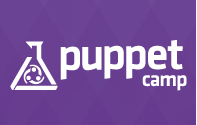 We were sold out with gold packages at OSDC as quick as a wink this time and I don’t see no reason, why we shouldn’t be sold out as fast as that with the Puppet Camp. So just to remind you: AT THE MOMENT there are tickets of all categories available but that could change literally every minute!
We were sold out with gold packages at OSDC as quick as a wink this time and I don’t see no reason, why we shouldn’t be sold out as fast as that with the Puppet Camp. So just to remind you: AT THE MOMENT there are tickets of all categories available but that could change literally every minute!
So if you’re clever, you will book your ticket really quick.
Just have a look at this phantastic program with speakers from CERN, Puppet Labs or Server Density if you still need something to convince you.
OpenNebula Conf 2013: Das Programm steht
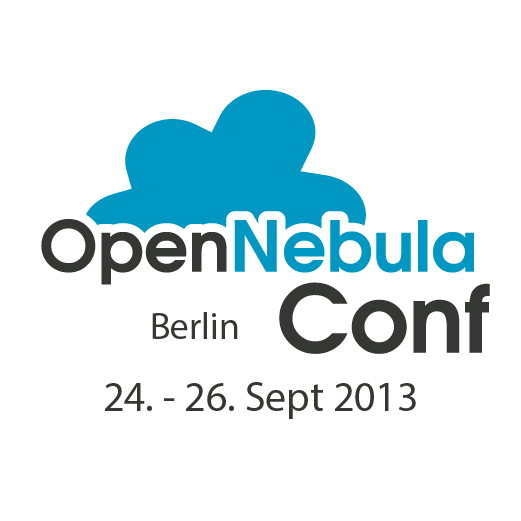
Langsam wird es ernst und ich bin auch schon ganz aufgeregt. Was für euch nämlich noch ein viertel Jahr in der Zukunft liegt, ist für mich grad praktisch schon übermorgen.
Die OpenNebula Conf, das Herzensprojekt und Grund etlicher schlafloser Nächte, beschäftigt mich aktuell große Teile der wach verbrachten Lebenszeit. Also wirklich ganz große Teile!
Ein wichtiger Schritt ist inzwischen, mit der finalen Auswahl der Speaker, schon getan. Die Titanen der zeitgenössischen Cloud-Kunst geben sich die Ehre und werden uns in Berlin über unsere Lieblingsanwendung auf dem Laufenden halten.
Wer bei einem Blick in die Liste nun neugierig geworden ist und vom 24.-26. September mit in Berlin dabei sein möchte, sollte sich noch schnell sein Ticket sichern – bis zum 30. Juni seid Ihr nämlich mit dem Early Bird-Ticket noch vergünstigt mit dabei.
Und nun?
Nun freue ich mich darauf meine ungeteilte Aufmerksamkeit euren Anmeldungen zu widmen.
Weekly Snap: OSMC Program, Vala, Foreman & New-look Hardware Shop
 30 July – 3 Aug turned over the month with Foremen and Vala tips, new train and hardware shop designs, and much excitement as the OSMC draws near.
30 July – 3 Aug turned over the month with Foremen and Vala tips, new train and hardware shop designs, and much excitement as the OSMC draws near.
Eva counted 79 days down to the OSMC with a presentation by the Icinga Team and an announcement that conference program was live online.
Sebastian then recommended Foreman, a powerful life cycle management tool to complement Puppet, and Gunnar introduced the object-oriented programming language Vala.
Lennart later complained about the newly redesigned ICE 2 trains, while Georg celebrated our new online hardware store design with a special offer.
Karolina ended the week with a lesson in Franconian, for our guests in the lead up to the OSMC in Nuremberg.
Weekly Snap: Introducing ZeroMQ, Alfresco Community, the OSMC Program & Flexible Downtime
 12 – 16 September discussed document management systems, flexible downtimes, and introduced a distributed computing tool as well as the program to the upcoming OSMC.
12 – 16 September discussed document management systems, flexible downtimes, and introduced a distributed computing tool as well as the program to the upcoming OSMC.
Gunnar took a look at distributed computing using ZeroMQ. A C++ library with various messaging functions, ZeroMQ is usesful in scaling applications, by distributing it over multiple systems. One central component breaks down large tasks into smaller component tasks and transmits them to worker processes. It also compiles the results of the worker processes to form a whole again. In contrast to traditional multi-thread applications, no locks are needed as the individual worker processes have no common condition and they can be distributed across machines, making it scalable without bounds. Gunnar gave an example implementation and some tips to avoid common problems such as work units sizes and operating system independent message formats.
From our Managed Services team, Georg trialled document management systems and named Alfresco Community as his top pick. Between Microsoft Sharepoint 2010’s easy installation yet cluttered feature and settings, and Agorum Core Pro’s complicated installation, Alfresco Community won hands down. With easy installation and a good range of features; Alfresco can also be linked to an Active Directory server for larger organisations.
Lennart then explained flexible downtimes. As opposed to fixed downtimes, the start of a flexible downtime begins at the point a host or service changes status. Taking a host in Icinga for example, the start time and end time can be chosen to have a minimum duration of 10 minutes. Within this time frame the host will be restarted, but taking into account the reboot duration, downtime could extend over the 10 minutes set.
Last but not least, Pamela announced the Open Source Monitoring Conference 2011 program. Two tracks of presentations over two days in English and German, should offer plenty for attendees to chat about. For those who want to pack in more, 3 intensive workshops on the conference eve are also on offer. But register quick, as Europe’s leading event on open source monitoring has been known to sell out.





